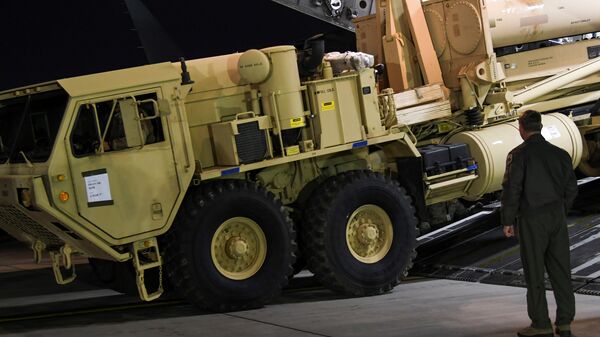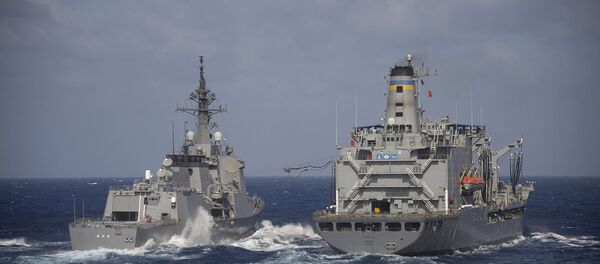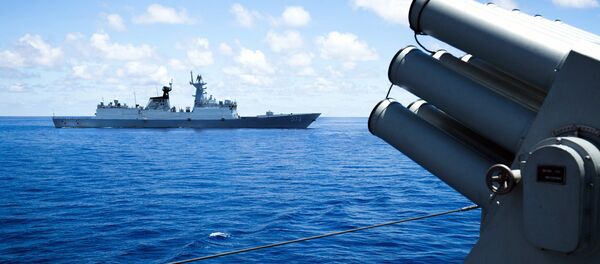“China has already started to impose sanctions on Seoul,” according to the Global Times, but the THAAD deployment provokes China in a such a way that countermeasures appear inevitable. Lotte Shanghai Foods, a cooperative enterprise between Hershey Co. and Lotte Group was ordered to halt operations in China following the news of the THAAD deployment, Bloomberg reported.
Sanctions against the US will not work, the article notes, given the interdependence of the Chinese and US economies. Further, “THAAD producer Lockheed Martin is the world’s most powerful weapons manufacturers [sic.], and is beyond China’s grasp,” the Global Times noted.
Chinese leaders feel that the US “must pay the price” for placing THAAD in South Korea, as this represents a US strategy to "rebalance to Asia," the article notes.
The way forward in restoring the pre-THAAD, “previous strategic balance,” according to the Global Times, is to “counter it with more advanced nuclear warheads and missiles.” Beijing and Pyongyang have called THAAD a threat to national security, while Washington’s leaders maintain that the missile system is solely for defensive purposes.
Japanese lawmakers have been in talks to shift Tokyo’s posture from self-defense to strike-first, Sputnik reported Wednesday. “Striking a country lobbing missiles at us is no different” than firing back at bombers attacking the country, former Defense Minister Itsunori Onodera said. “China has missiles that can hit Japan, so any complaints it may have are not likely to garner much sympathy in the international community,” he added.
The Chinese government should “make clear to Washington that the THAAD deployment will lead to China’s increasing nuclear prowess,” Global Times said, adding, “the Sino-US relationship seems to be returning to a stable state, but the nuclear game between the two will continue for a long time.”



